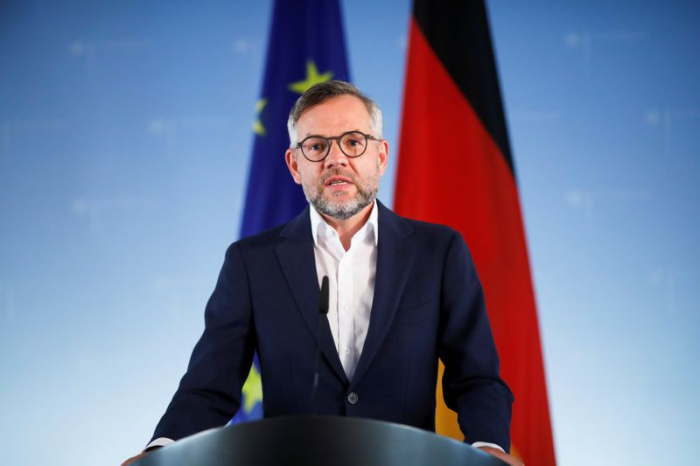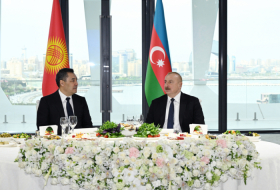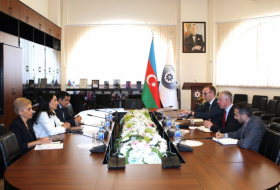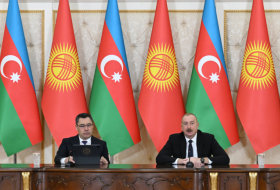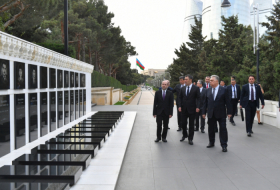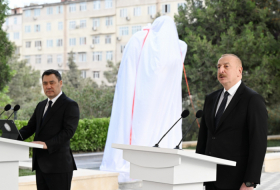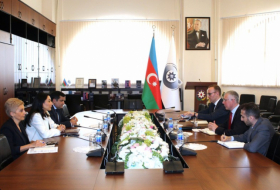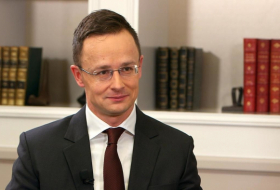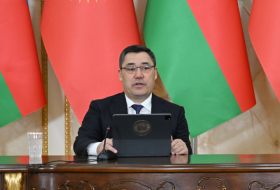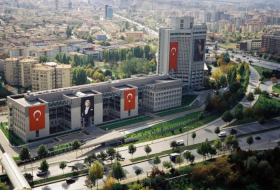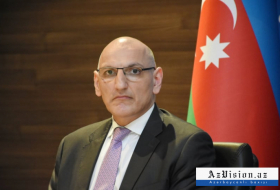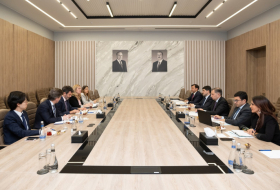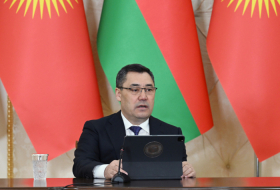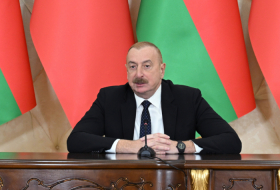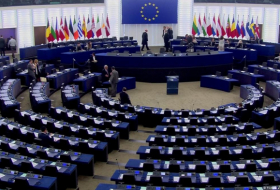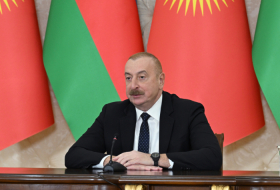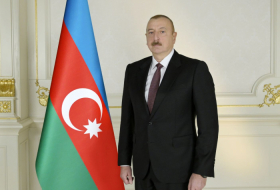With economies in freefall due to the pandemic, European leaders will hold their first face-to-face talks since lockdowns took hold from March and there were weeks of feuding over how the 27-nation bloc should respond.
At stake in the Friday-Saturday summit in Brussels is the EU’s next long-term budget and an economic stimulus plan that, together, would be worth around 1.85 trillion euros ($2.1 trillion).
To reach an accord, many gaps will need to be bridged, especially between wealthy, thrifty northern countries and the high-debt south that has taken the brunt of the COVID crisis.
“A great deal is at stake, the credibility of the European Union is at stake,” Germany’s Minister of State for Europe Michael Roth said after a meeting with EU counterparts.
“We have reached a consensus that we need a quick agreement ... I won’t bet on it, but I am optimistic we have a good chance of a breakthrough,” he told a news conference.
He said there were still many areas of disagreement, particularly over the overall size of a Recovery Fund - which the summit’s chair has proposed be set at 750 billion euros - and the question of whether it is disbursed as free grants or loans.
A club of frugal states - Austria, the Netherlands, Denmark and Finland - strongly prefers loans to help their peers but avoid bankrolling those they see as fiscally reckless.
Leaders of the bloc have held a flurry of one-on-one meetings ahead of the summit to persuade the “frugals” to drop opposition to splitting the fund into two-thirds grants and one-third repayable loans.
Spanish Prime Minister Pedro Sanchez said he saw “very difficult hours ahead” as he visited Swedish counterpart Stefan Lofven for talks on Wednesday.
“We have different views on the answer to the crisis, but we share a common goal,” he told a news conference at the Swedish government’s countryside residence Harpsund. “If we delay the response, we delay the recovery and the crisis could get worse. We all have to make some sacrifices to reach an agreement.”
The COVID-19 pandemic is the latest big challenge for the EU after a debt crisis a decade ago, mass immigration in the mid-2010s and the trauma of Brexit. Some have even framed it as an existential dilemma, as eurosceptic feeling grows in countries such as Italy.
More about: EU COVID-crisis








